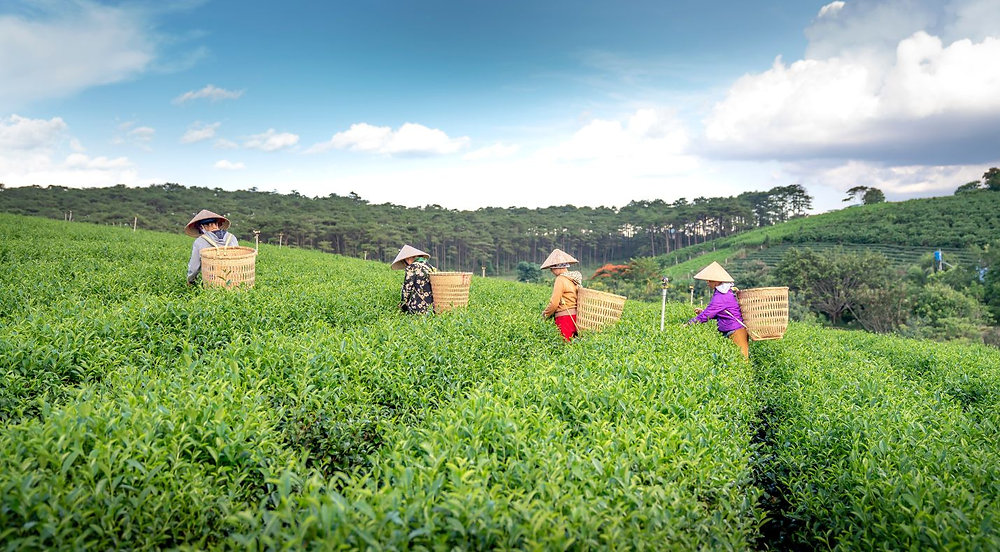Tea has a special place in the hearts of many, with its rich history, diverse flavors, and soothing qualities. For tea enthusiasts, there is no better way to immerse oneself in the world of tea than by visiting tea plantations and experiencing traditional tea ceremonies. This article will guide you through the enchanting journey of visiting tea plantations and partaking in tea ceremonies, offering insights into the history, cultivation, and cultural significance of tea.
Introduction to Tea Plantations and Tea Ceremonies
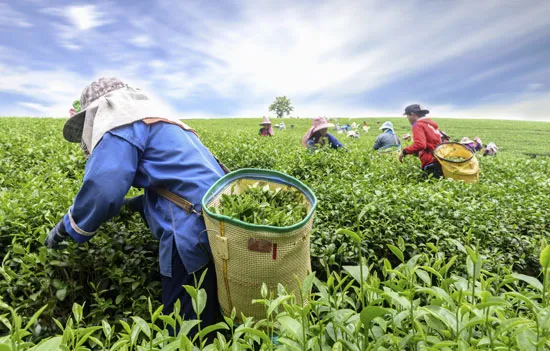
Tea plantations and tea ceremonies are integral parts of tea culture, offering a glimpse into the fascinating world of tea. Plantations, with their sprawling fields and meticulous cultivation, showcase the journey of tea from leaf to cup. On the other hand, tea ceremonies, steeped in tradition and symbolism, celebrate the art of brewing and savoring tea. Together, they offer a holistic experience that combines the beauty of nature, the richness of history, and the tranquility of mindfulness, making them a must-visit for tea enthusiasts seeking to deepen their appreciation for this beloved beverage.
History and Origin of Tea Plantations
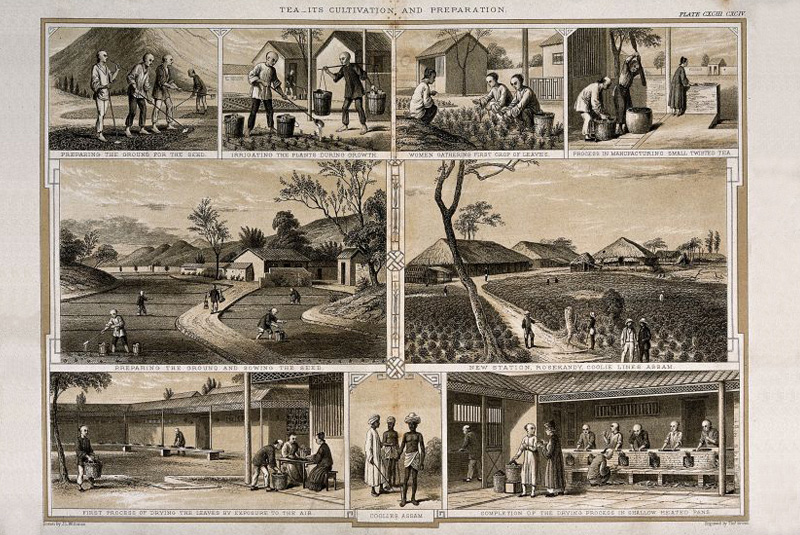
The history and origin of tea plantations trace back thousands of years to ancient China, where tea was discovered by accident. According to legend, Emperor Shen Nong, known as the “Divine Healer,” was boiling water in his garden when a few leaves from a nearby tea bush fell into the pot. Intrigued by the aroma and flavor of the infused water, he tasted it and found it refreshing and invigorating. This marked the beginning of tea cultivation and consumption in China. Initially, tea was used for its medicinal properties and was consumed for its health benefits. Over time, tea drinking became a cultural practice, spreading to neighboring countries like Japan and Korea. Tea was later introduced to other parts of the world through trade routes, such as the Silk Road. Today, tea is enjoyed by people worldwide and continues to be an integral part of many cultures and traditions.
Types of Tea Plantations
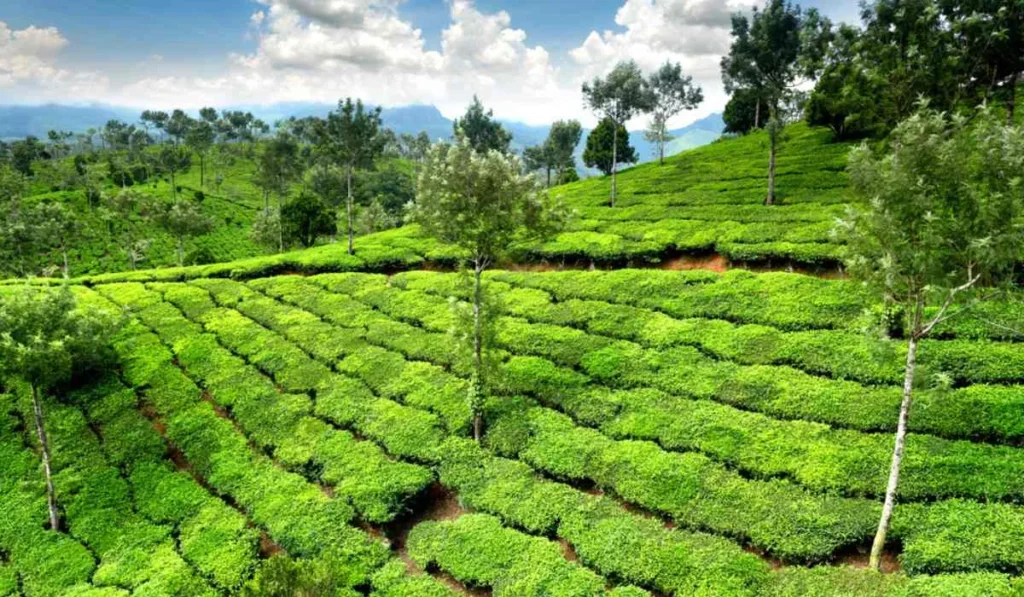
Tea plantations can be categorized based on their geographical location and altitude, which significantly influence the flavor and aroma of the tea produced. Mountain tea plantations, typically found in regions like Darjeeling, India, and Taiwan, are known for their high-altitude cultivation. The cool climate and misty conditions at these elevations create a unique environment for tea bushes to thrive, resulting in teas with delicate flavors and floral notes. On the other hand, valley tea plantations, such as those in Assam, India, and Kenya, are situated at lower altitudes. The warmer temperatures and higher humidity in these regions produce teas that are bold, robust, and full-bodied. Both types of plantations require careful cultivation and harvesting techniques to maintain the quality and distinct characteristics of the tea.
Benefits of Visiting Tea Plantations
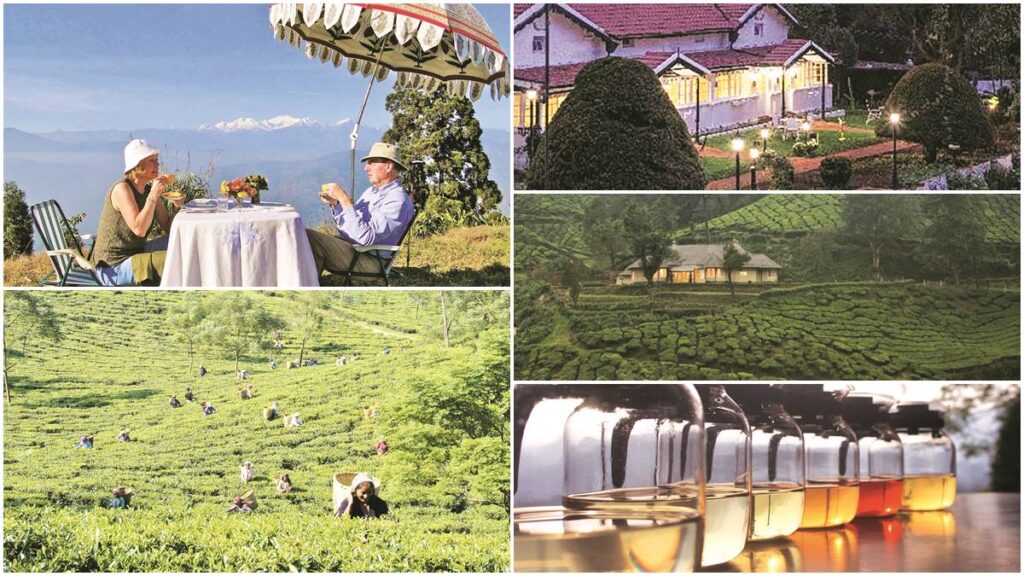
Visiting tea plantations offers a myriad of benefits for tea enthusiasts and travelers alike. Firstly, it provides a unique opportunity to witness firsthand the entire process of tea cultivation, from the meticulous plucking of tea leaves to the processing and packaging of the final product. This immersive experience not only deepens one’s understanding of tea but also fosters a greater appreciation for the skill and effort involved in producing this beloved beverage. Additionally, tea plantations are often located in picturesque settings, surrounded by rolling hills and lush greenery, making them ideal destinations for nature lovers seeking tranquility and natural beauty. Moreover, many tea plantations offer guided tours and tea tastings, allowing visitors to sample a variety of teas and expand their palate. This educational aspect of visiting tea plantations can enhance one’s knowledge of tea and its different varieties, making the experience both enjoyable and enriching. Furthermore, by visiting tea plantations, travelers have the opportunity to support local farmers and communities, contributing to sustainable tourism and the preservation of tea-growing traditions. Overall, visiting tea plantations is a rewarding experience that offers a blend of education, relaxation, and cultural immersion, making it a must-visit destination for tea enthusiasts and travelers seeking a unique and enriching experience.
Tea Cultivation Process
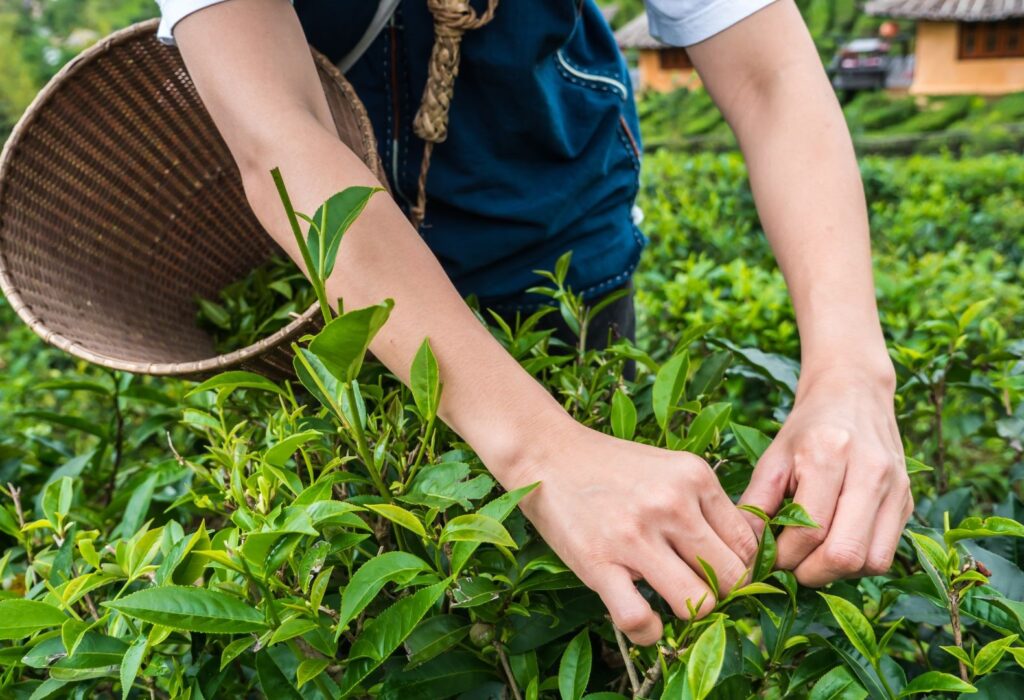
The tea cultivation process is a meticulous practice that begins with planting tea bushes in well-drained soil. After three to five years, the bushes are ready for harvesting, where skilled workers handpick the top two leaves and a bud from each stem. The harvested leaves undergo processing, which varies based on the desired type of tea. For green tea, the leaves are quickly heated to halt oxidation, preserving their green color and fresh flavor. Black tea, on the other hand, is fully oxidized before drying and sorting, resulting in its characteristic dark color and rich flavor. Oolong tea is partially oxidized, offering a flavor profile between green and black tea. Once processed, the tea leaves are sorted, packaged, and shipped worldwide, ready to be brewed into a delightful cup of tea.
Tea Tasting and Tea Ceremony
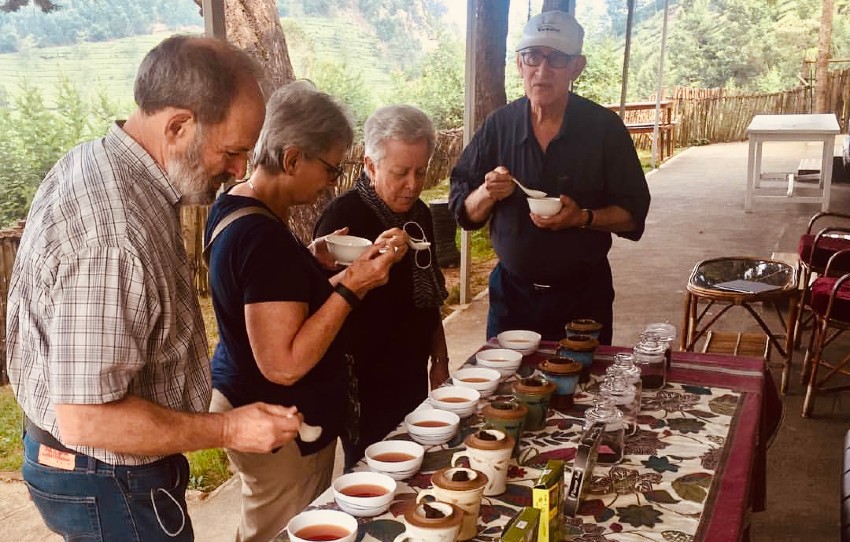
Tea tasting and tea ceremonies are steeped in tradition and cultural significance, offering a sensory journey that engages the palate, nose, and eyes. Tea tasting is a nuanced art that involves observing the tea leaves, inhaling the aroma, and savoring the flavor. Each step in the process, from the selection of the tea leaves to the brewing method, can impact the final taste of the tea. Tea ceremonies, on the other hand, are ceremonial rituals that vary widely across cultures. In Japan, the tea ceremony, or “chanoyu,” is a highly choreographed ritual that emphasizes harmony, respect, purity, and tranquility. In China, tea ceremonies are often more informal, with a focus on enjoying the tea and socializing with guests. Whether you’re participating in a traditional Japanese tea ceremony or enjoying a casual tea tasting with friends, these experiences offer a deeper appreciation for the art and culture of tea.
Popular Tea Plantation Destinations
Some of the most popular tea plantation destinations around the world include Darjeeling, India, known for its aromatic Darjeeling tea with muscatel flavors and floral aromas, often referred to as the “Champagne of Teas.” Nuwara Eliya in Sri Lanka is famous for its Ceylon tea, celebrated for its bright and golden brew with a crisp, citrusy flavor. The Cameron Highlands in Malaysia offer stunning vistas of rolling hills blanketed with tea bushes, producing teas known for their briskness and robust flavor. Hangzhou, China, is renowned for its Longjing tea, also known as Dragon Well tea, celebrated for its flat, smooth leaves and chestnut-like flavor. These destinations not only offer breathtaking landscapes but also provide a glimpse into the rich cultural heritage and meticulous artistry involved in tea cultivation, making them must-visit locations for tea enthusiasts seeking to deepen their appreciation for this beloved beverage.
Tips for Tea Enthusiasts Visiting Tea Plantations
- Research the tea plantation you plan to visit to learn about its history and offerings.
- Dress comfortably, as tea plantations are often located in hilly terrain.
- Be respectful of local customs and traditions during tea ceremonies.
- Bring a camera to capture the stunning landscapes and tea-making process.
- Purchase tea directly from the plantation to support local farmers and ensure freshness.
Conclusion
Visiting tea plantations and participating in tea ceremonies is a delightful experience that allows tea enthusiasts to deepen their appreciation for this beloved beverage. Whether you’re sipping on a steaming cup of Darjeeling tea in India or enjoying a traditional tea ceremony in China, the journey of tea exploration is both enriching and rewarding.

